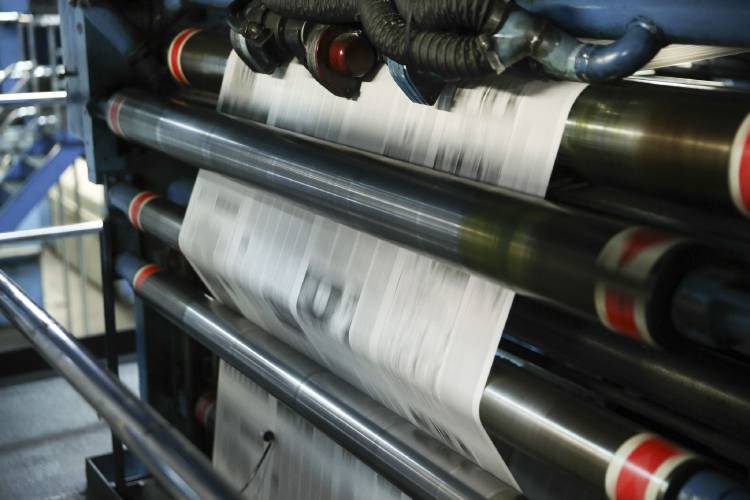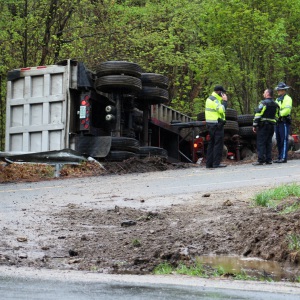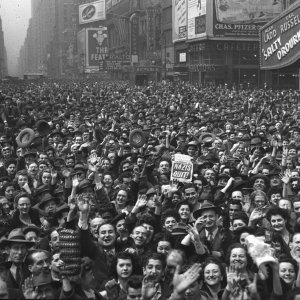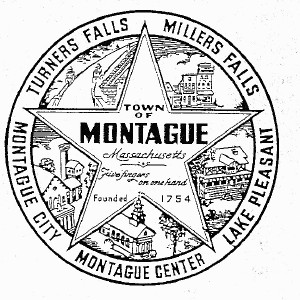My Turn: Newspapers still a trustworthy gatekeeper

NUCCIO DINUZZO/CHICAGO TRIBUNE/TNS NUCCIO DINUZZO/CHICAGO TRIBUNE/TNS
| Published: 04-23-2025 11:27 AM |
An unquestioned assumption of mine has always been that a free press is, and should always be, one of the keystones of our democratic way of life. It was once a thought of mine that journalism might be a possible career. I remember discussing that question with my English teacher in seventh grade. I said I was pondering my future and was torn between teaching or writing. I thought perhaps I could do both. She said that would not be easy. She suggested focusing on just journalism. I, in fact, ended up as a teacher and think, now, she had spoken from her own experience on the difficulty in trying to be both a good teacher and a dedicated writer.
Before teaching took full hold of my ambitions, I enrolled in a journalism class at UMass which taught me some of the “rules” for quality news writing. Adequate attribution was one of the more important requirements. Statements of importance to a story needed to be attributed to some authority. Unattributed statements were to be avoided since the only authority in that case was the reporter. I got back many writing samples with red pencil proofreading marks and “attribution needed” comments.
Good news writing is hard work. It requires discipline and restraint. I never became the reporter I once imagined I wanted to be but I married one and that helped me realize the hard work involved, and the ethical principles that need to be adhered to, in honest unbiased reporting.
Those principles are now under attack as never before in the history of our country. The attack comes from many directions. One of those directions has been the substitution of electronic for that of print media. Anyone with a computer or smartphone can now be part of the public discourse with an influence equal to, or greater, than the local news reporter. In the time before the internet, it was possible to share your ideas if you had access to a printing press and wanted to hand your writings out on street corners. There was a clear difference to the casual observer between the handbill and the daily paper, the former suspicious, the latter trusted.
Not all papers were equally trustworthy, but even the child in the supermarket could tell the difference between National Enquirer and its “Elvis’s Alien Baby Discovered” headlines and that of the paper his or her parents read at the breakfast table. The writers of those papers were schooled in the rules and ethics of their trade. They policed themselves. Samples of the best ones were handed out in college journalism classes as examples to strive to emulate.
Now the principle seems to be how many clicks, likes, and shares something can generate. Artificial intelligence is being used to leverage those metrics. Foreign bots participate in political debates, steering people in one direction or another. Claims of “fake news” are leveled against news media outlets based, not on their adherence to the principles of good reporting but on whether their stories cast the accuser in an unfavorable light. Discernment is required but even the most discerning can find themselves misled.
It still takes a large printing press, a dedicated staff, a distribution network, loyal advertisers and subscribers to make a newspaper. That fact should help us see that the printed newspaper remains as the most trustworthy gatekeeper for the truth in our daily information.
Article continues after...
Yesterday's Most Read Articles
 Driver taken to Springfield hospital after 18-wheeler rollover in Shutesbury
Driver taken to Springfield hospital after 18-wheeler rollover in Shutesbury
 Removed Bridge of Flowers plants to have second act through annual plant sale
Removed Bridge of Flowers plants to have second act through annual plant sale
 My Turn: ADUs — The owner is gone, and so is granny
My Turn: ADUs — The owner is gone, and so is granny
 Greenfield native Kate Bitters runs Boston Marathon to support Dana-Farber and late father
Greenfield native Kate Bitters runs Boston Marathon to support Dana-Farber and late father
 Hilchey bests Wolfram for Deerfield Selectboard seat
Hilchey bests Wolfram for Deerfield Selectboard seat
 Northfield man dies in Erving motorcycle crash; Bernardston man injured in Deerfield crash
Northfield man dies in Erving motorcycle crash; Bernardston man injured in Deerfield crash
Philip Lussier is a retired educator who lives in Ashfield.






 Guest columnist William Lambers: V-E Day inspires peace heroes
Guest columnist William Lambers: V-E Day inspires peace heroes My Turn: The Greenfield Public Library matters more than ever
My Turn: The Greenfield Public Library matters more than ever Helen Gibson Uguccioni: Goldman for Montague Selectboard
Helen Gibson Uguccioni: Goldman for Montague Selectboard Sherrill Hogen: Conflating anti-Israel activism with antisemitism
Sherrill Hogen: Conflating anti-Israel activism with antisemitism
